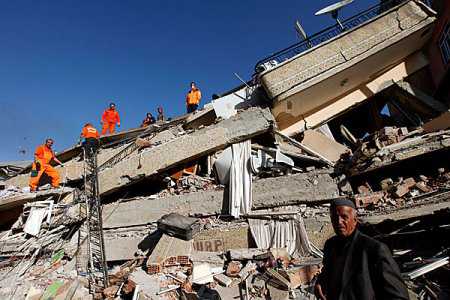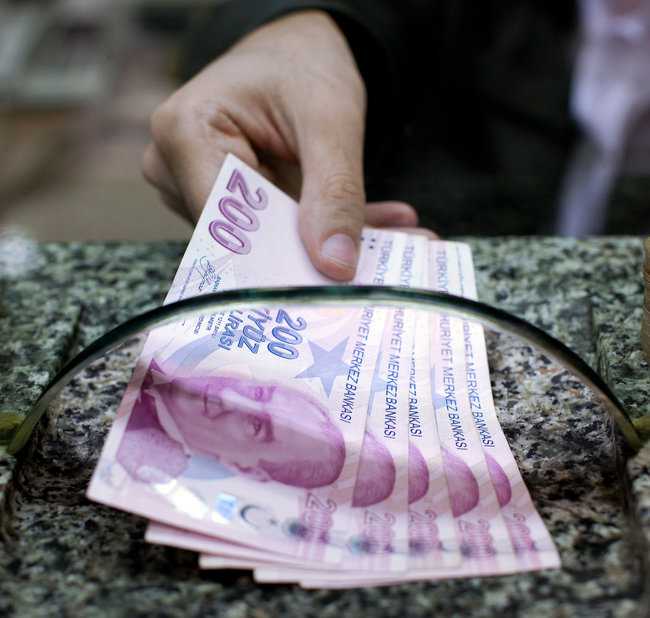Syracuse, NY — Syracuse University has confirmed its 16 students studying abroad in Istanbul, Turkey, are safe after Sunday’s powerful, 7.2-magnitude earthquake that struck eastern Turkey.
Syracuse University officials said they had tracked down all of the students studying in Istanbul.
The Syracuse University Abroad website also eased concerns: “The October 23 earthquake in southeastern Turkey has not impacted SU Istanbul students. All are accounted for and safe. The quake occurred in the region of Van, approximately 1,000 miles from Istanbul.”
Leaders from both the Turkish Student Association at Syracuse University and the Turkish Cultural Center of Syracuse said Helping Hands Relief Foundation, an established Turkish-based nonprofit organization, is raising money for the earthquake victims. Donations can be made at hhrelief.org/.
via Syracuse University students in Turkey are safe following earthquake | syracuse.com.






